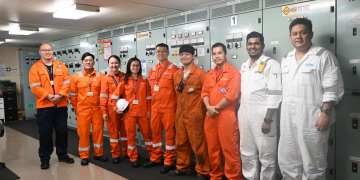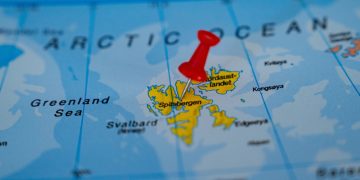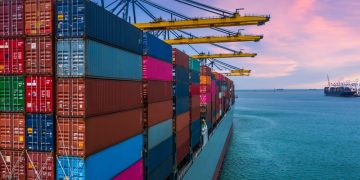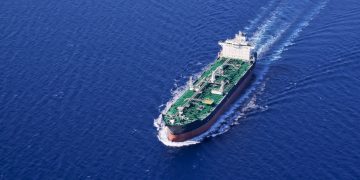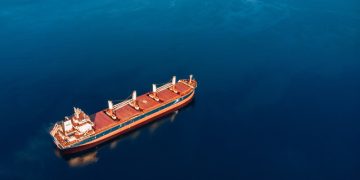The Coming Green Wave: Ocean Farming to Fight Climate Change
How the oceans can save us For decades environmentalists have fought to save our oceans from the perils of overfishing, climate change, and pollution. All noble efforts -- but what if environmentalists have it backwards? What if the question is not how to save the oceans, but how the oceans can save us?That is what a growing network of scientists, ocean farmers, and environmentalists around the world is trying to figure out. With nearly 90 percent of large fish stocks threatened by over-fishing and 3.5 billion people dependent on the seas as their primary food source, these ocean farming advocates have concluded that aquaculture is here to stay.Seaweed is one of the fastest growing plants in the world; kelp, for example, grows up to 9-12 feet long in a mere three months.But rather than monolithic factory fish farms, they see the oceans as the home of small-scale farms where complementary species are cultivated to provide food and fuel -- and to clean up the environment and fight climate change. Governed by an ethic of sustainability, they are re-imagining our oceans with the hope of saving us from the grip of the ever-escalating climate, energy, and food crises.The Death and Rebirth ...
Read more














